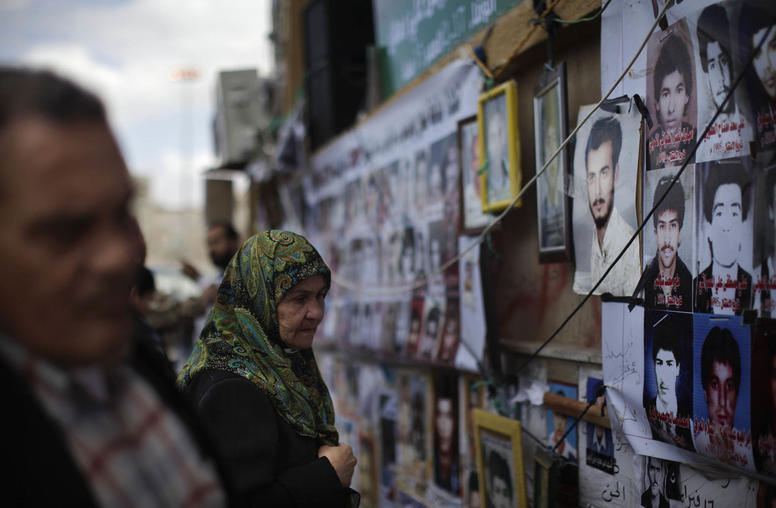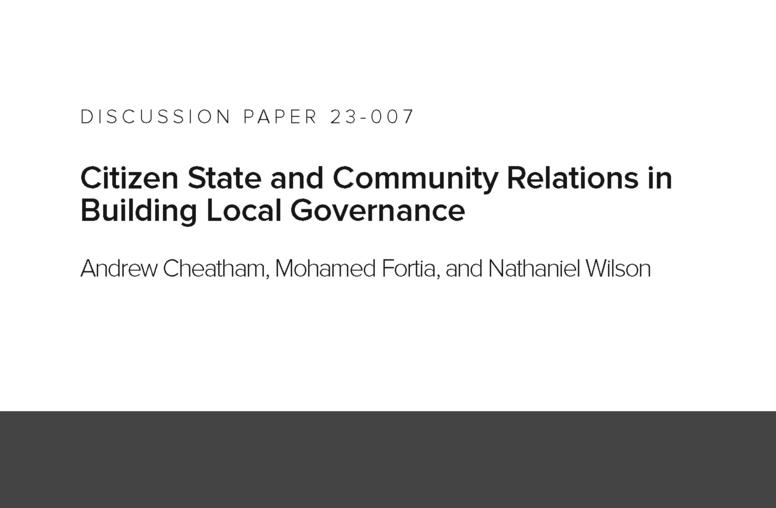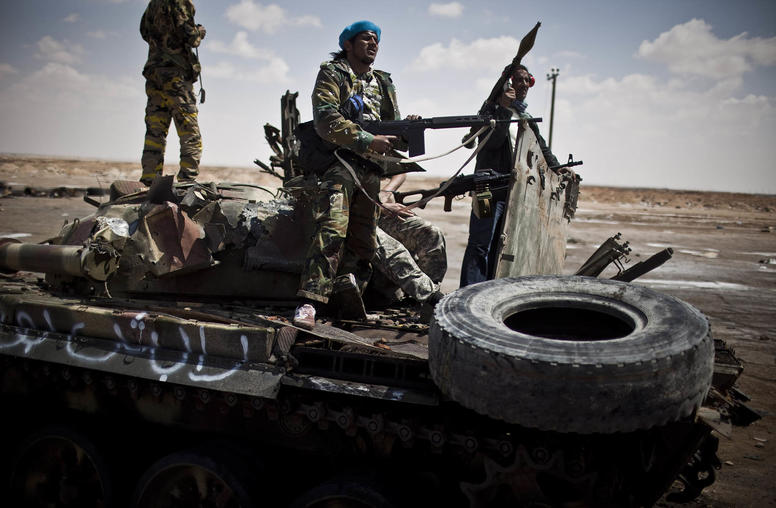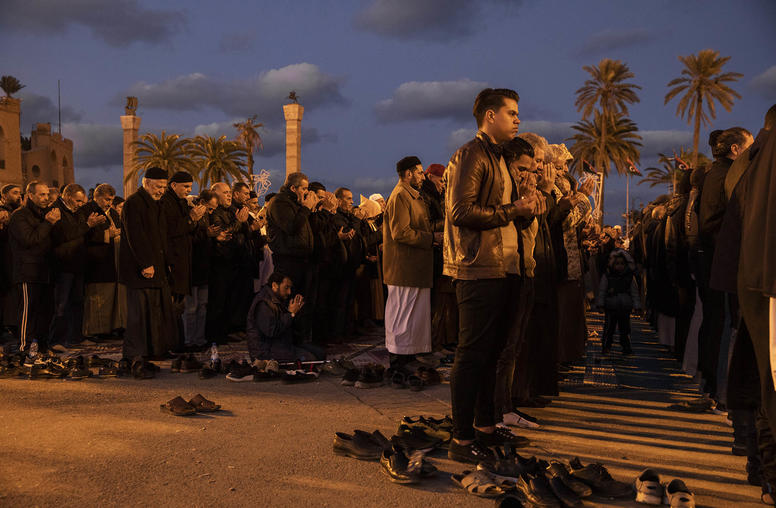Building Libya's Future
After 42 years, Libya is free from Muammar al-Qaddafi’s rule, and while fighting drags on in parts of the country, the Libyan people have begun the difficult work of building a new society and a new future. Minister of Infrastructure and Reconstruction, Dr. Ahmed Jehani, discussed the view from the ground in Libya, the process of post-conflict institution and peacebuilding in his country, and the role of the US and broader international community in supporting Libya, and the Libyan people during this transition.
Read the event coverage, Libyan Official Calls for Libyan Lead in Transition
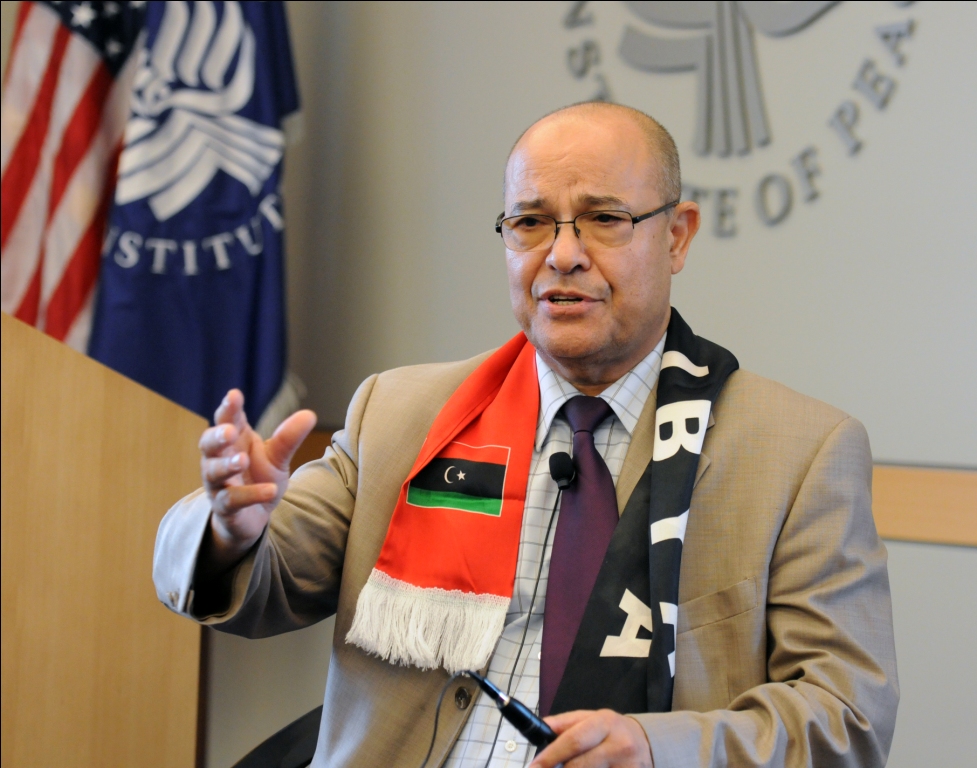 The Libyan people have ended the decades long rule of Colonel Muammar al-Qaddafi. The situation, however, remains tenuous and the new government must work to rebuild Libyan society and institutions to provide a better future. The Minister of Infrastructure and Reconstruction, Dr. Ahmed Jehani, discussed his thoughts on the situation in Libya, how best to proceed with reconstruction of the country, and challenges and opportunities for the future.
The Libyan people have ended the decades long rule of Colonel Muammar al-Qaddafi. The situation, however, remains tenuous and the new government must work to rebuild Libyan society and institutions to provide a better future. The Minister of Infrastructure and Reconstruction, Dr. Ahmed Jehani, discussed his thoughts on the situation in Libya, how best to proceed with reconstruction of the country, and challenges and opportunities for the future.
Video footage of the event is forthcoming. Notes on the event are posted on POMED and a transcript of the Minister's introductory speech is available here.
Speakers
- Dr. Ahmed Jehani
Minister of Infrastructure and Reconstruction
National Transitional Council of Libya - Abiodun Williams, Introduction
Senior Vice President, Center for Conflict Management
United States Institute of Peace - Manal Omar, Moderator
Director, Iraq, Iran, and North Africa Programs
United States Institute of Peace
Explore Further
Related Academy Courses
- Advising and Mentoring in a Reform Environment
- Land, Property, and Conflict
- Rule of Law Practitioners Course
- Economic Reconstruction in Conflict-Affected States
